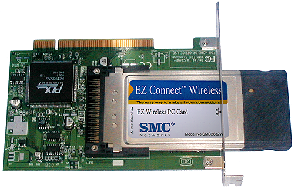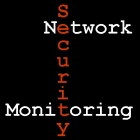Article on sFlow

NWFusion reports on sFlow , saying: "SFlow, which the IETF approved as a draft standard in 2001, is a technology that uses random sampling of LAN and WAN data packet flows across an entire network to give users a detailed, real-time view of network traffic performance, trends and problems, according to Foundry Networks and HP. Both offer sFlow-based switches." Notice this is a sampling technology, unlike the default usage of Cisco's NetFlow . NetFlow does support sampling, but that is for high load conditions.





